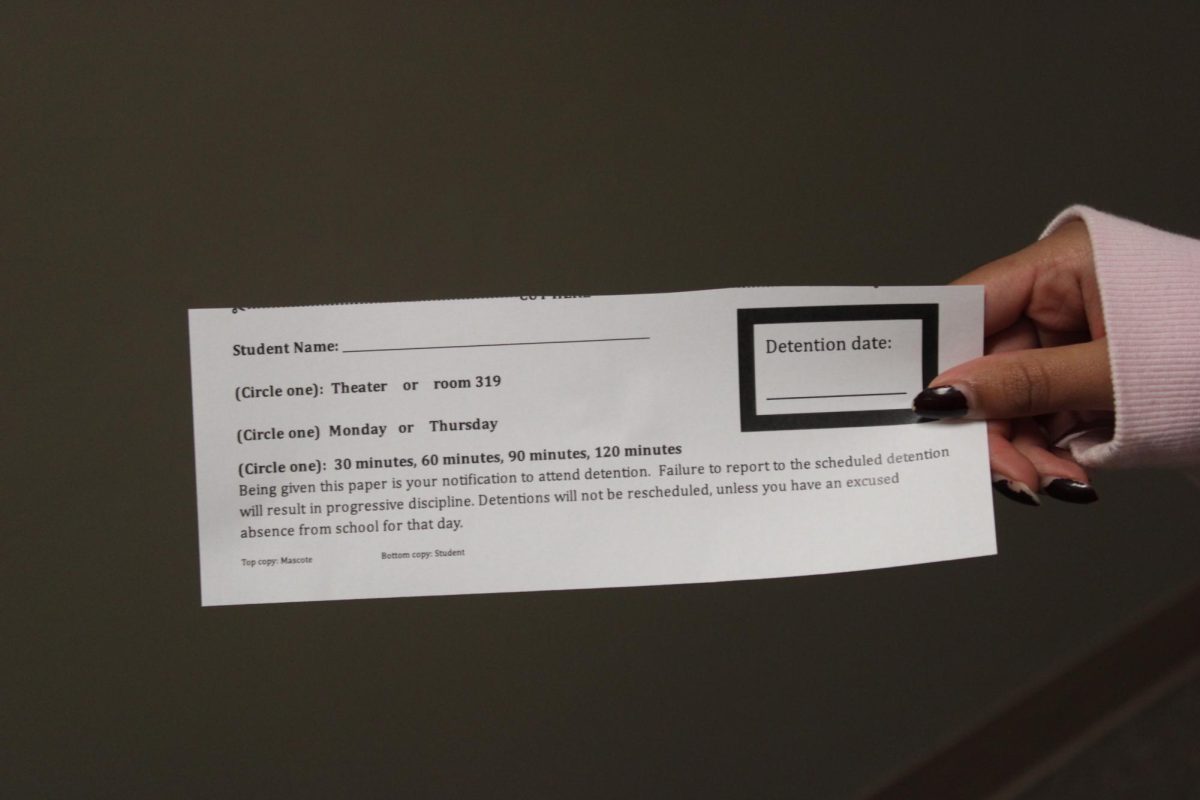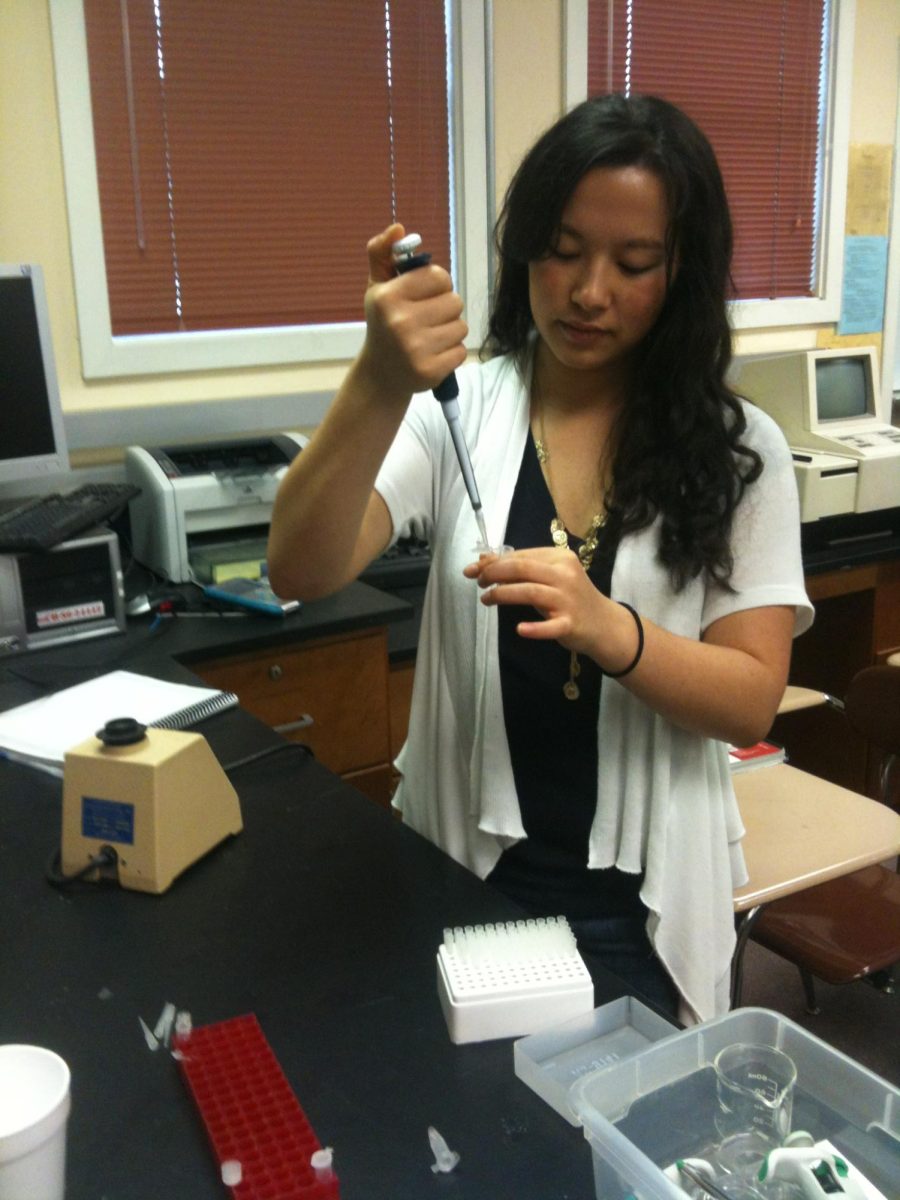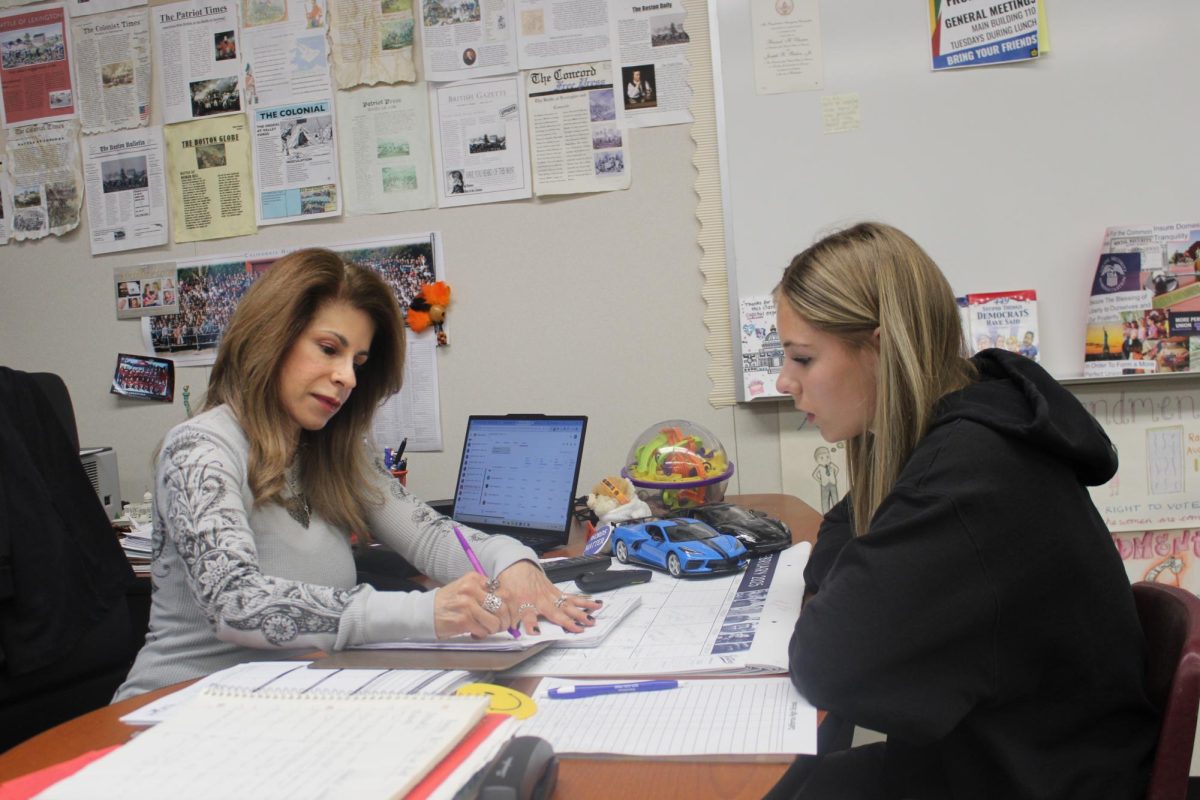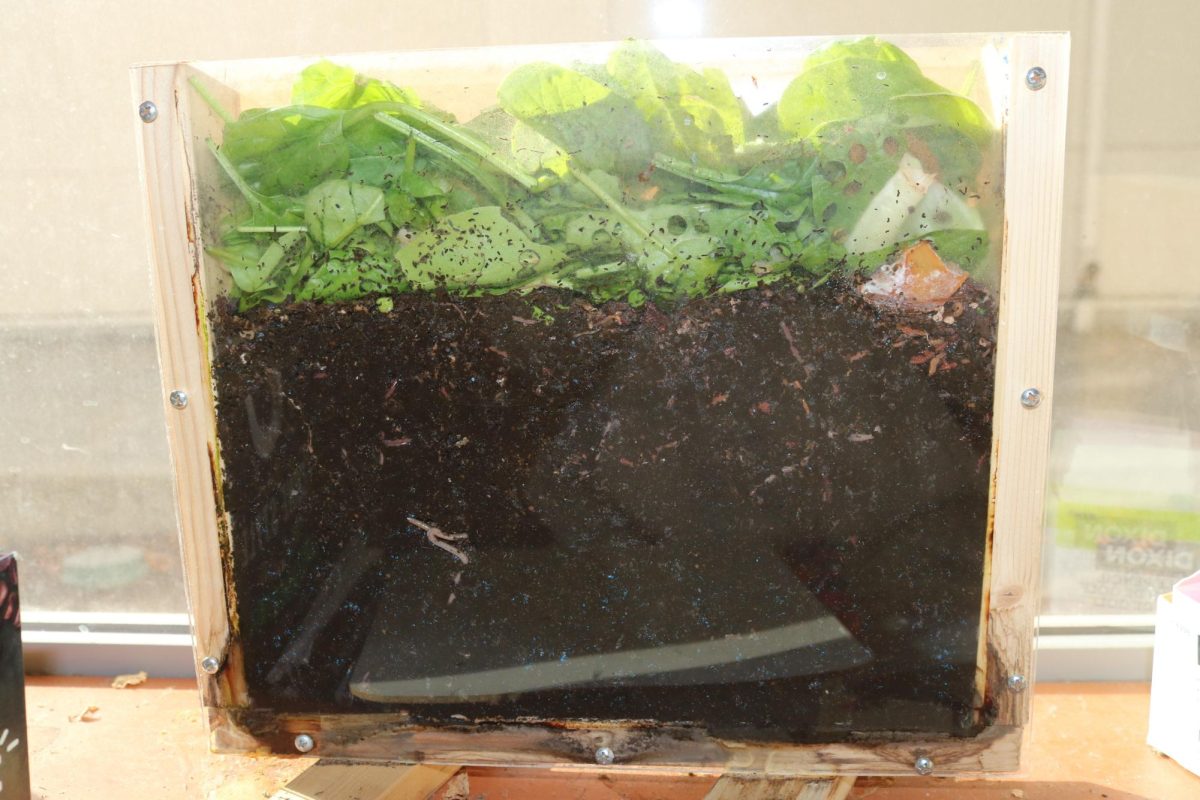Detentions have skyrocketed ninefold since Cal High administrators introduced a new system this semester that automatically assigns detentions through Infinite Campus, Principal Demetrius Ball said.
To deal with this surge of students, the school has opened the theater to accommodate up to 400 students at a time. Detentions are being held on both Mondays and Thursdays now instead of just one day a week, Ball said.
“[Last semester] I [used to] have 25 students at a time,” detention coordinator Chloe Elliott said.
With the increased number of detentions, administrators also have changed the way students sign into detention.
“We now have QR codes [that] students scan because it’s harder to individually sign in with so many students,” Elliott said.
As part of the new automated detention system, 30-minute detentions are issued to students who have one cut or are tardy a total of five times across all their classes. Up until last semester, teachers were responsible for assigning students detentions after they had three tardies in one class or a single cut, attendance administrator Michelle Mascote said.
“Previously if a student cut a period, a teacher could individually assign detention for the cut,” Mascote said. “There was inconsistency among staff and assigning detentions for class cuts.”
Now instead of teacher discretion, the school’s attendance software automatically assigns students detentions through their student email inbox once they hit the threshold of five tardies.
“The new system is really strict,” sophomore Makena Paz said.
When teachers were responsible for issuing detentions last semester, they were more lenient with rules or often didn’t follow through, students said. The automated system has increased the enforcement of detentions, which has also led to more detentions being assigned.
“This [tardy policy] can be a more negative change just because the students in our school aren’t always on time,” sophomore Jadyn-Taylor Vo said. “Especially because of the traffic in the morning and crowded stairways.”
Vo thinks the new system could unfairly affect students since many come to school late because of traffic and other uncontrollable obstacles. Students said the system punishes them for being tardy when some are often not tardy by choice.
Sophomore Christian Chung was marked for an unexcused absence and issued a detention when he had already emailed a teacher who he said had failed to inform the office about his absence.
“I think that if you are tardy to class five or more times you do deserve a detention,” Chung said. “However, I feel like there should be exceptions since people have different circumstances.”
With the new rule of one cut for a detention, students believe more detentions will be assigned for attendance errors.
But many students also feel that the system effectively encourages them to come to class on time.
“I try to get to class earlier because I don’t want detention,” freshman Aden Riley said.
Junior Grayden Wright said Cal’s previous system of having detentions up to the teachers’ discretion was more lenient, but with the stricter system students are starting to care more about their attendance.
“I don’t think [students] took [tardies and cuts] seriously because it wasn’t really enforced,” Wright said. “But now it is, especially with stricter rules people care a little more.”
Ball said the new attendance system will encourage more students to show up on time as long as teachers enforce the rules properly.
“The system will ensure there is equity in terms of tracking tardies and cuts,” Mascote said. “There will also be equity of consequences.”
Mascote ensures that the automated detention system will make the tracking of tardies and detentions as equal as possible, making the number of consequences dealt out as fair as possible.
Ball said the school will take additional measures to ensure students attend assigned detentions,
“[Students assigned detentions] will get called down to the office, and the staff will make it as annoying as possible to make sure they serve their time,” Ball said.
These measures are put into place to ensure that all students given detentions will face consequences.
But Riley said students who previously were tardy and cut classes still don’t care about attendance. He said even though the rules changed, the students won’t.
“I don’t think students care about attendance really,” Riley said. “Some kids do, but the kids who already skipped and are late to class don’t really care at all.”
Mascote said administrators have different forms of consequences for students avoiding detention, such as doubling the length of their detention time or restricting students from going to school-sponsored activities such as football and basketball games.
“We have a range of progressive consequences,” Mascote said. “An example is doubling the length of their detention or until they go they cannot attend fun extracurriculars like basketball or football games.”
These are different options that administration uses if students ignore their detentions to ensure that students attend.
“I think the changes are positive but also very restricting,” Paz said.








